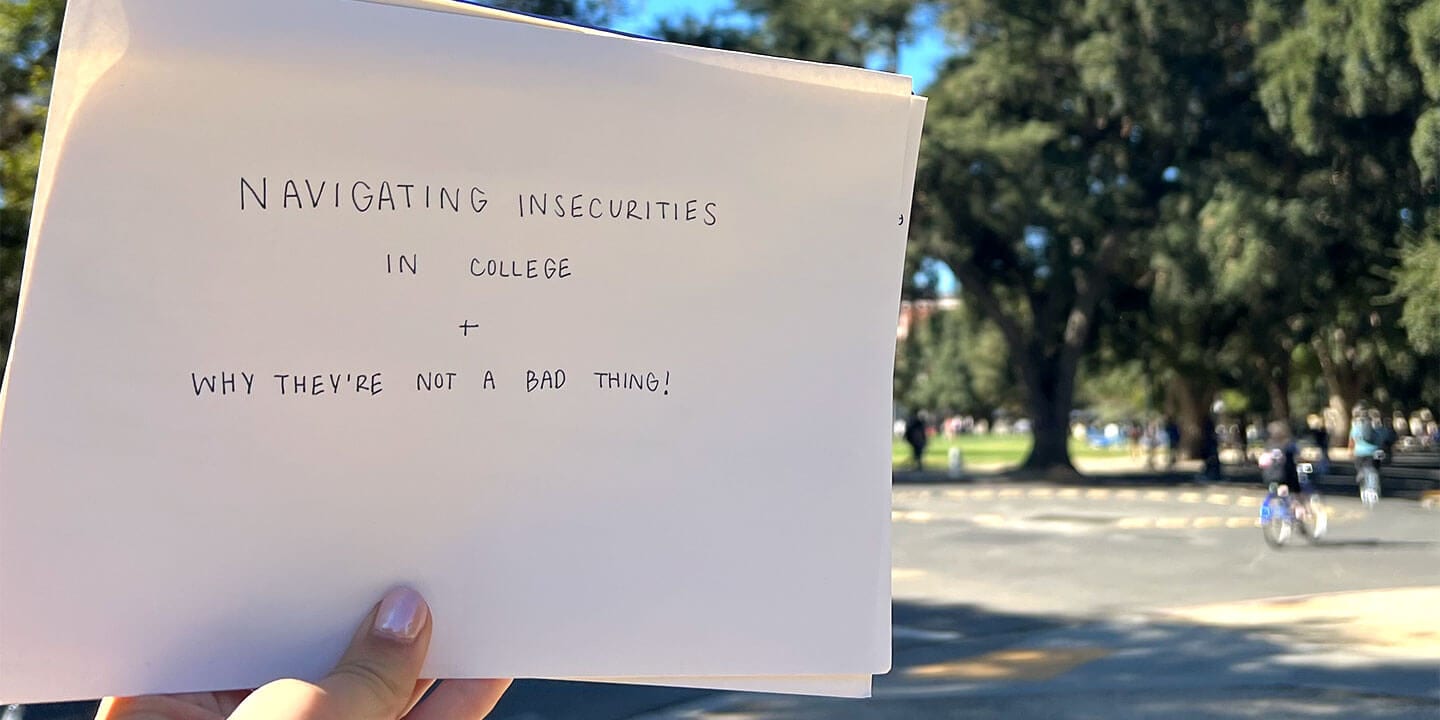
The Benefits of Counseling for College Students
College life can be stressful. We as students are thrown into independence with sometimes minimal guidance while also juggling work and heavy course loads. I have been attending therapy since I was in early elementary school, and I will never fail to recommend someone to begin seeing someone. There is a large stigma against going to therapy, specifically that your problems aren’t big enough or there must be something wrong with you. Despite what some may say, going to therapy during college can be extremely beneficial and allows you to grow not only as a student, but also as a person.
Unbiased Listener
Going to therapy gives you someone to talk to without a bias on the situation. The adult world can be difficult to navigate, and there are going to be instances when you doubt yourself or your decisions. Many students seek advice from their friends or parents, and they are met with subjective opinions rather than advice. Your counselor, on the other hand, is there to listen and supply advice (if wanted), but they are also unbiased towards your life. This creates a pure feedback system that you can use moving forward.
Manage Mental Health
Alongside unbiased conversations, counselors supply an outlet to relieve stress and anxiety. All college students can agree that these times are some of the most stressful ones we will ever experience. Depression and anxiety have been quite common in our generation as of recently. Counselors are licensed professionals meant to help navigate and combat these troubling waters; many students are under the impression that they are alone or overreacting to their situation prior to visiting a counselor. Having an outlet outside of your household helps relieve the weights on many shoulders while it also supplies other information into daily activities to avoid stress.
Feel your Feelings
Everyone’s therapy experiences will be different, which is a good thing. I go to therapy to talk to someone about my week and get things off my chest that I may not feel comfortable sharing with family or friends. Therapy has enhanced my communication skills as well as my problem-solving skills. I’ve learned panic is normal, but not necessary, and it is okay to feel your feelings because they are valid!
No one is broken for wanting to seek out help from a counselor. I will forever be grateful that I made the decision to begin talking to someone at an early age, and it is never too late to start. Just because we are thrown into independence does not mean we have to do it alone!
Do you have a compelling story or student success tips you’d like to see published on the Pearson Students blog? If you are a college student and interested in writing for us – click here to pitch your idea and get started!







